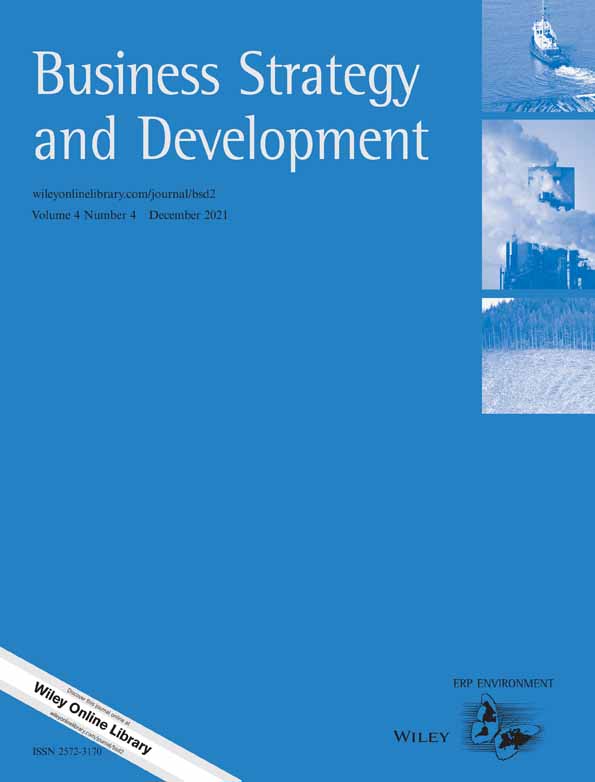Wild edible fungi (WEF), including mushrooms and truffles, comprise a natural source of nutritious and healthy food. The consumption of WEF began at least 18,700 years ago during the Stone Age. Current data from over 100 countries indicates the existence of more than 2,100 edible species, a figure that is continually growing, as vast regions and many cultures remain understudied. However, only around 30 species of WEF are grown commercially at a large-scale. WEF also play a key ecological role in the structure and functioning of natural ecosystems and have significantly contributed in shaping all life on the planet. Either as food, medicine or both, they are important for the survival, cultures, and economies of hundreds of ethnic groups around the globe. Over the last 15 years, there has been a noteworthy increase in the international trade of WEF, which is currently estimated at billions (USD) annually. In 2017, the WEF global trade, of either fresh or processed products, exceeded 1,230,000 tonnes. Due to their ecological, sociocultural and economic importance, the international WEF trade has a role to play in the postpandemic recovery period. The main challenge of this period will be maintaining natural ecosystems while simultaneously improving human wellbeing. Critical elements of this challenge include ensuring food security, enhancing rural development, creating sustainable jobs, mitigating hunger, and slowing the loss of traditional knowledge generated over millennia. This review analyzes the ways in which sustainable use of WEF could contribute to achieving these goals.
DOI:
https://doi.org/10.5943/sif/6/1/31
Altmetric score:
Dimensions Citation Count:
























